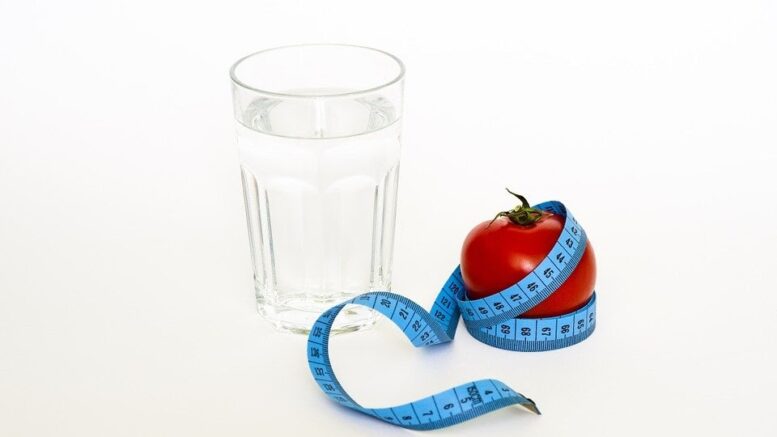Weight loss surgery is so routine these days that it seems like there isn’t much to think about. You understand that you need to avoid certain foods and can’t exercise for a few weeks after. But, to get the most out of the surgery you need to plan ahead and have the things that you’ll need to cope with the change of lifestyle and diet.
For instance, did you know that you should have some vitamin patches after bariatric surgery so you can get the nutrients that you need? Being prepared is going to help you recover faster and better than if you have to scramble for the essentials after the fact. In this article, we will go over several of the items you should have before you even get the surgery done.
1 – Multivitamins
Whether you use a vitamin patch or traditional vitamins, one thing is certain. That is that you need to make sure that you are getting enough vitamins since this is a common problem for patients after surgery. The types of food you can eat are limited and there is a risk that you end up with a nutrient deficiency.
In fact, you should get some well before the surgery as it is very likely that you are already running a vitamin deficiency due to a poorly balanced diet which likely had some responsibility for your obesity. Make sure to include Vitamin D, folic acid, Vitamin B12, and iron as these are the vitamins that most people have deficiencies in after surgery. With bariatric vitamins, you get everything that you need post surgery.
2 – Protein powder
Since many people that are due to have bariatric surgery have Non-Alcoholic Fatty Liver Disease (NAFD) due to their obesity, there needs to be a routine to help the liver out. This involves a liver-reduction diet that is high in protein.
Not only does the diet need to be rich in protein, but you will also be required to replace your meals. A high protein shake is likely going to be prescribed so make sure to stock up on protein powder that will be used to replace your dinner for a couple of weeks before the surgery.
3 – Food scale
For quite some time both before and after surgery you are going to closely monitor your food intake. You will need to make sure that you are very careful about your portions. Many patients suffer from nausea after meals since they either overeat or they ate too much of one particular type of food.
This means that you’ll need to weigh your food. Having a good food scale is essential and will be used several times per day. Managing your portions without weighing them is going to be very difficult if not impossible.
Once your surgery is a couple of years past, you may have enough experience to understand how much of a portion and how much of each ingredient you are using without needing the scale. It takes a while to gain this experience.
